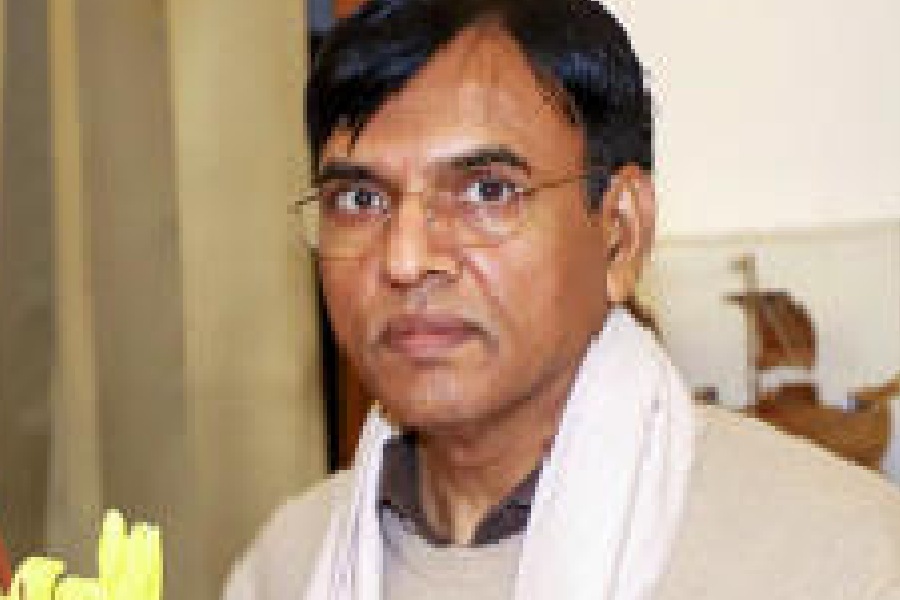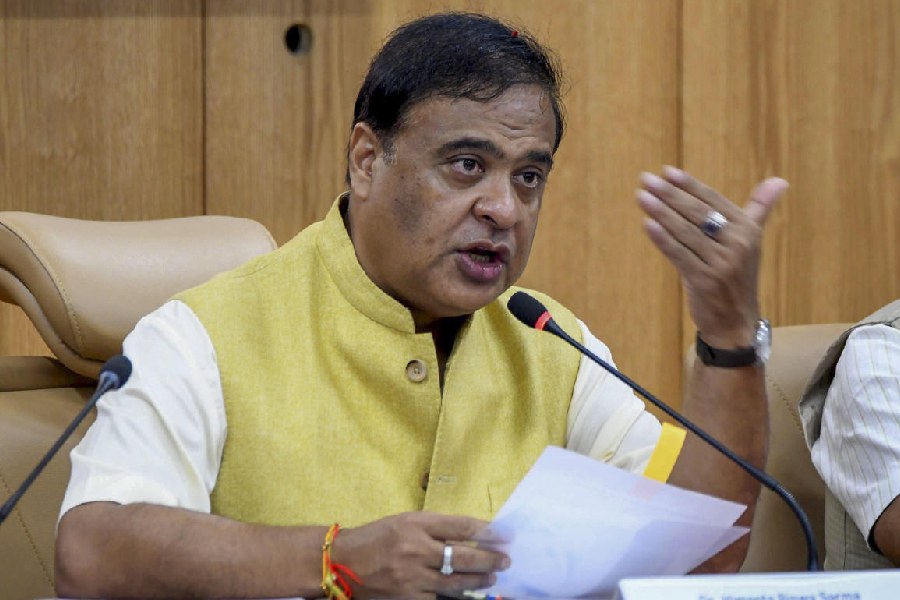Ten trade unions will meet on Tuesday to chalk out a programme of countrywide protests as the Centre gears to implement new labour laws that opposition from workers has held up for more than four years.
Labour minister Mansukh Mandaviya has held several meetings with the state governments in the past six months to speed up the framing of rules for the four laws: the Code on Wages, Industrial Relations Code, Code on Social Security, and the Occupational Safety, Health and Working Conditions Code.
Labour being on the Concurrent List, the Centre and the states need to frame the rules together. While the Centre and most of the states have published the draft rules, seeking feedback, none has notified the rules so far.
A labour ministry official said the government planned to implement the four laws sometime close to the beginning of the financial year 2025-26, which starts next month.
“Meetings have been held with the states and the trade unions to address their concerns. The Union government notified the draft rules four years ago. The government is keen to implement the laws at the beginning of 2025-26,” the official said.
RSS labour arm Bharatiya Mazdoor Sangh (BMS) will not participate in Tuesday’s meeting, called by the Joint Platform of Central Trade Unions, made up of 10 trade unions and the employees’ unions of the central and state governments, public sector banks and public sector undertakings.
Ashok Singh, general secretary of Congress labour arm Intuc and K.N. Umesh, general secretary of CPM-backed Citu, said the new laws — which will replace 29 existing labour laws — would hurt the workers.
Singh said the four laws had not been discussed at the Indian Labour Congress (ILC) — a tripartite body representing employees, employers and the government — before being taken to Parliament for passage.
“No ILC meeting has been held since 2015,” Singh said.
The Industrial Relations Code allows firms engaging up to 300 people to fire workers without requiring state government approval. Currently, only firms with 100 or fewer workers can do so.
The Code on Wages provides for a “floor-level wage” that happens to be lower than the current legally enforceable minimum wages in most states.
The Occupational Safety Code exempts labour contractors engaging up to 50 workers from its ambit. The Code on Social Security is unclear about the respective financial obligations of the Centre, states and private employers.
Umesh said the trade unions would burn copies of the labour codes at their protest sites the day the rules are notified. A general strike will be held in May.
Farmers’ bodies — many of them currently protesting the Centre’s agricultural policies — have expressed support for the trade unions’ protest programme, Umesh said.
Pawan Kumar, north zone secretary of the BMS, objected to the exclusion of contract labourers from the ambit of the new labour laws and the leeway given to large firms to sack employees. He, however, said the BMS would not hold any protest.
“We want the immediate implementation of the wage code and social security code. We have concerns about the other two codes and want amendments,” Kumar said. “We will create awareness about these codes and our concerns.”










